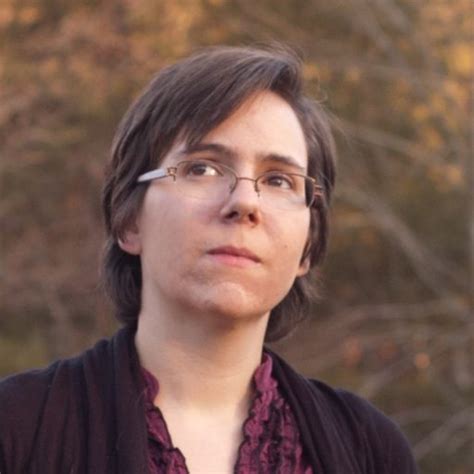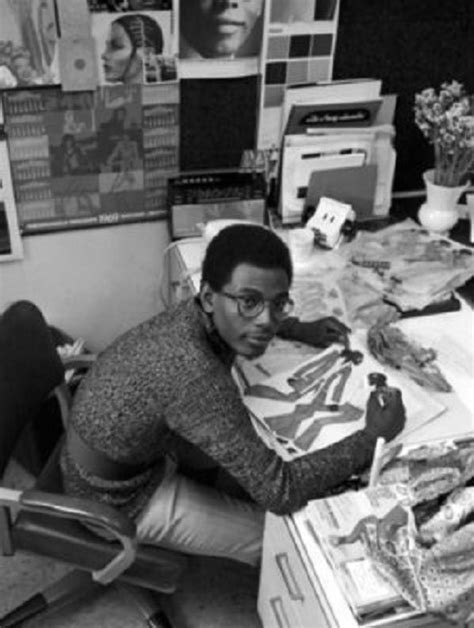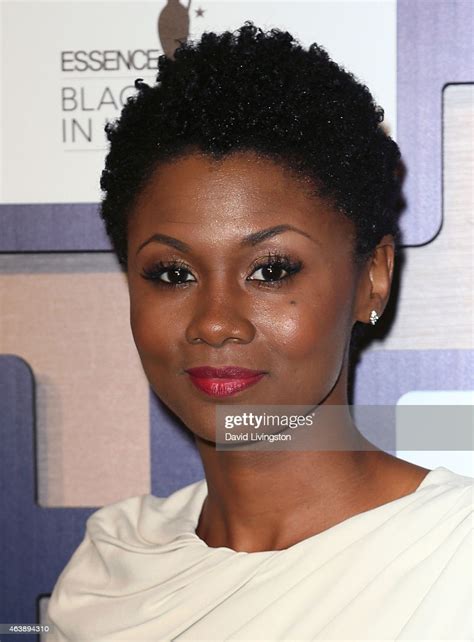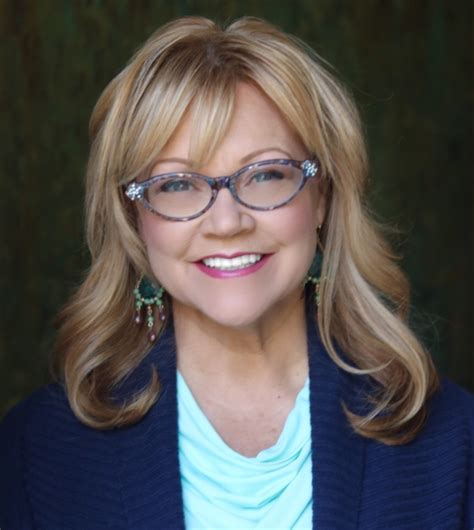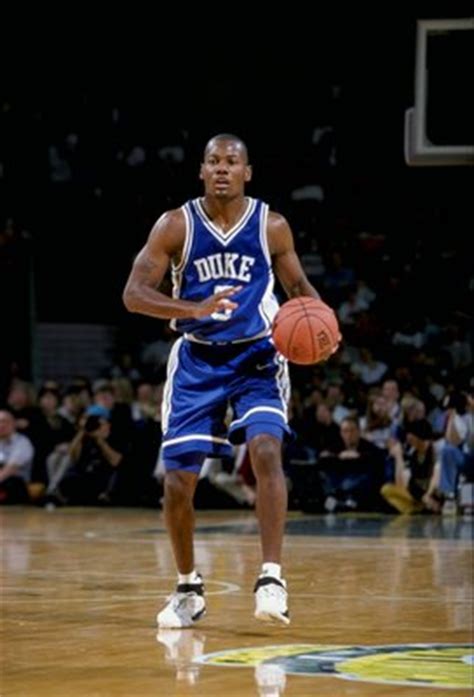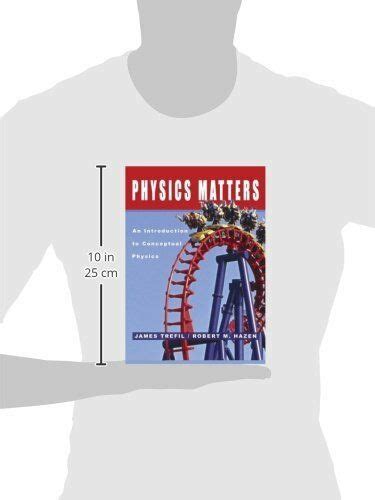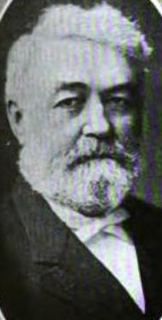A Quote by Amelia Atwater-Rhodes
The question then is, how much are you willing to give?" And I answered, "Anything." A breath later, Zane echoed my response with, "Everything.
Related Quotes
Your mind, in order to defend itself starts to give life to inanimate objects. When that happens it solves the problem of stimulus and response because literally if you're by yourself you lose the element of stimulus and response. Somebody asks a question, you give a response. So, when you lose the stimulus and response, what I connected to is that you actually create all the stimulus and response.
Sometimes you walk into things, that, if you were paying attention, vibrationally, you would know right from the beginning that it wasn't what you are wanting. In most cases, your initial knee-jerk response was a pretty good indicator of how it was going to turn out later. The things that give most of you the most grief are those things that initially you had a feeling response about, but then you talked yourself out of it for one reason or another.
I have an argument that to master any field, it's simple: it's a function of time. How much you devote yourself to the process, how much experience you get, how much you're willing to expand your limits, how willing you are to develop your own style. If you're willing to put 10,000 hours, something amazing is going to happen.
Great question in science - questions like the ones Herschel raised about the structure of the universe - are seldom answered by ivory-tower types engaging in pure thought. They are answered by people who are willing to get down into the trenches and grapple with nature. If that means casting your own telescope mirrors, as Herschel did, so be it.
All I did was collect a few of the questions I've been asked through the years, write up a brief response and put them in this publication. As a pastor, you get asked questions and receive emails. Many of them I had answered, but just in conversation. So we kind of re-crafted the question and answered it. It turned out to be an interesting exercise. I hope it's encouraging for people.
